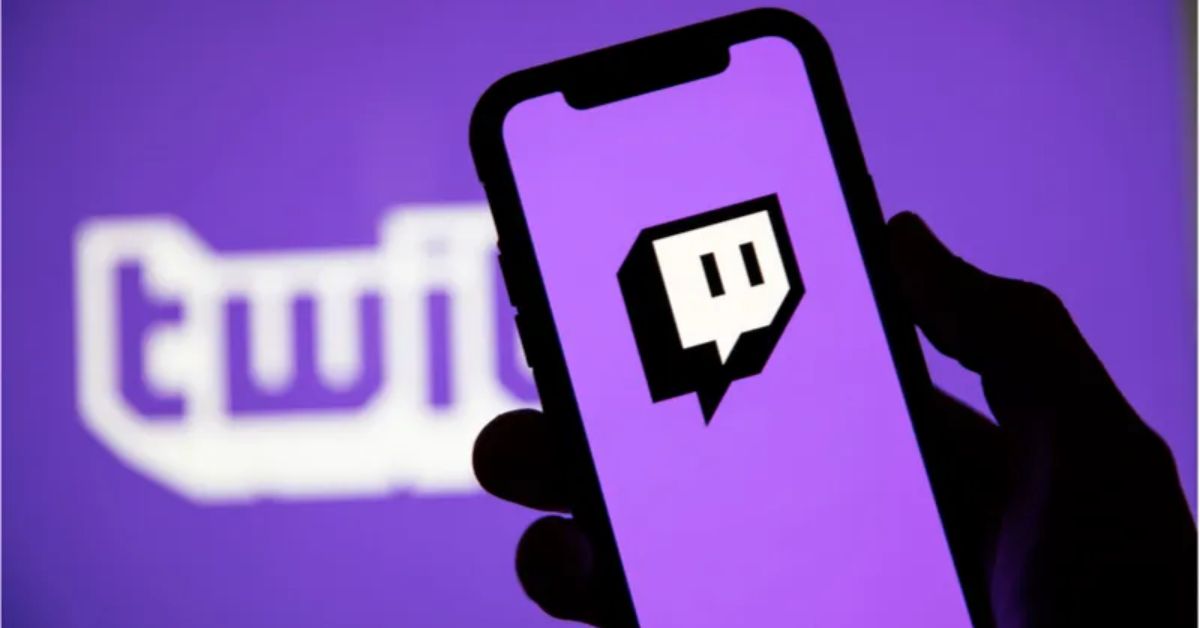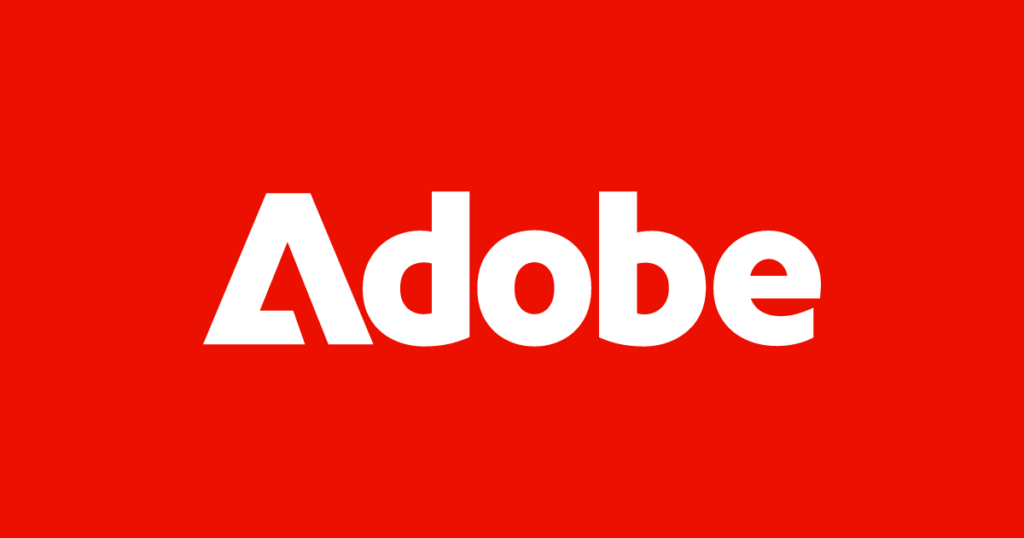Just hours after introducing new branded content guidelines, Twitch had to backtrack because it concerns raised by content creators. The platform came up with the new policy, recognizing the fact that some streamers have long-term partnerships with brands, and some may have incidental branding from products in the background of their stream.
Twitch did not expect streamers to use the branded content tool unless the branded content is a central and intentional element of the live stream. The new guidelines were to come into effect on July 1. It would have restricted the kinds of ads allowed on the platform, completely banning “in-stream video, audio, and display ads, and restricting on-screen logos to a maximum of 3 percent of the screen size.

Bad for Creators, Bad for Twitch
Backtracking from the new guidelines, Twitch in an official statement said these guidelines are bad for you and bad for Twitch, and we are removing them immediately. “Yesterday, we released new Branded Content Guidelines that impacted your ability to work with sponsors to increase your income from streaming. These guidelines are bad for you and bad for Twitch, and we are removing them immediately.”
Twitch acknowledged that sponsorships are critical to streamers’ growth and ability to earn income. “We will not prevent your ability to enter into direct relationships with sponsors, you will continue to own and control your sponsorship business. We appreciate your feedback and help in making this change.
Concerns Raised by Content Creators
The Amazon-owned live-streaming platform’s Branded Content Guidelines would have regulated and monetized sponsored content on Twitch. While it would have fostered transparency and created revenue opportunities for creators, streamers said they would not be pushed around. Many believed the guidelines infringed upon their creative freedom and imposed excessive limitations on sponsored content.
Creators felt the rules stifled their ability to collaborate with brands in authentic and meaningful ways, thereby compromising the essence of their content and their relationship with their audience. They highlighted the lack of consultation and transparency surrounding the implementation of the guidelines. Twitch’s decision seemed sudden and arbitrary to many, leaving streamers feeling blindsided and excluded from the decision-making process. The absence of an open dialogue between Twitch and its community further fueled the backlash, with creators demanding more involvement in shaping the platform’s policies.

Rebuilding Trust
As such, users expressed their disappointment with Twitch’s handling of the situation. Influential streamers threatened to switch platforms. Twitch realized the seriousness of the possibility of losing its most valuable content creators. The platform was forced to reconsider its position and acknowledge the negative impact of its Branded Content Guidelines.
Twitch’s misguided Branded Content Guidelines serve as a valuable lesson for online platforms in the importance of community engagement and open communication. As it embarks on the journey of rebuilding trust with its creators and users, it is essential for the platform to prioritize inclusivity, transparency, and collaborative decision-making. Twitch has to actively involve the community in policy discussions and address their concerns.
Furthermore, its decision to revoke the guidelines underscores the significance of listening to user feedback and the potential repercussions of alienating the very creators who contribute to its success. It has the opportunity to rebuild trust, foster meaningful collaboration, and emerge as a platform that truly values the voices of the community.
Also Read: YouTube Ups Incentives for Advertisers to Use Shorts and Drive Monetization



